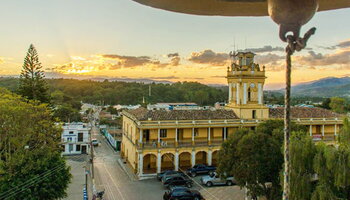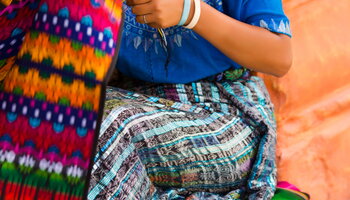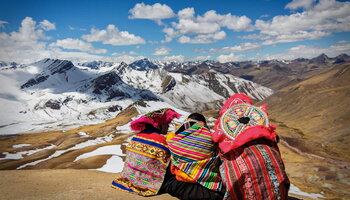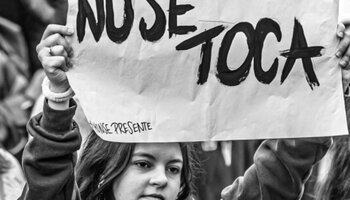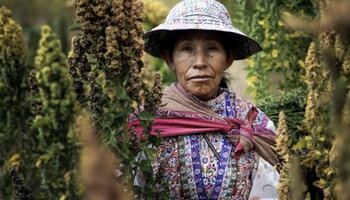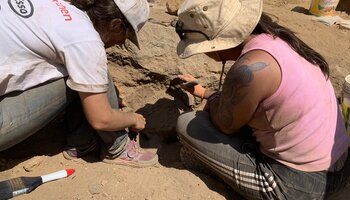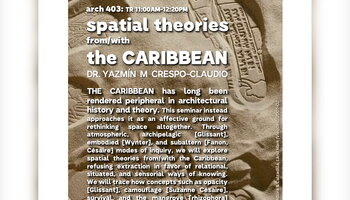Connect with CLACS
About CLACS
The Center for Latin American and Caribbean Studies (CLACS) serves students, faculty and scholars from across the University of Illinois campus, along with communities across Illinois and the Midwest, by promoting innovative research, specialist teaching, and public awareness of the Latin American and Caribbean region. CLACS is a designated National Resource Center for the 2022-2026 period, supported by the Department of Education under Title VI funding.
Title
Shifting Landscapes in Latin America and the Caribbean – Spring 2026 Series
This spring, CLACS will present a dynamic series exploring the current social and political landscape of Latin America and the Caribbean. The series will feature expert speakers from across the region, bi-weekly film screenings, hands-on workshops, and much more.
Stay tuned for more details coming soon on our calendar, newsletter, and social media.
Title
History, Protest, and the Power of Collective Action
Historian Jerry Dávila reflects on the January 2026 Minnesota ICE strikes, portraying them as a strategic effort to challenge both federal immigration enforcement and corporate inaction. Thousands of community members, religious leaders, and workers participated despite harsh winter conditions, including nearly 100 clergy arrested at a Minneapolis airport protest. Drawing on Latin American history, Dávila argues that meaningful change requires both grassroots mobilization and shifts in corporate behavior. The strikes demonstrate how coordinated action can influence institutions, reinforce democratic norms, and connect contemporary social movements to broader historical patterns.
Upcoming Events
Title
COME LEARN QUECHUA! HAMUYCHIK RUNASIMI YACHARIKUQ!
Quechua is the most widely spoken Indigenous language in the Americas, with 8–9 million speakers across six Andean countries. Learning Quechua offers valuable insight into Indigenous heritage, Andean worldviews, and linguistic structure. It’s especially useful for researchers, educators, and professionals working in the region.
Title
LEARN Q'ANJOB'AL WITH US! TITAN HAKUY Q'ANJOB'AL JETOQ!
Q’anjob’al is a living Maya language spoken in Guatemala and growing communities in the U.S. Studying it opens the door to understanding Mesoamerican Indigenous heritage, Maya worldviews, and cultural practices. It’s especially valuable for educators, researchers, and professionals working with Maya communities.
